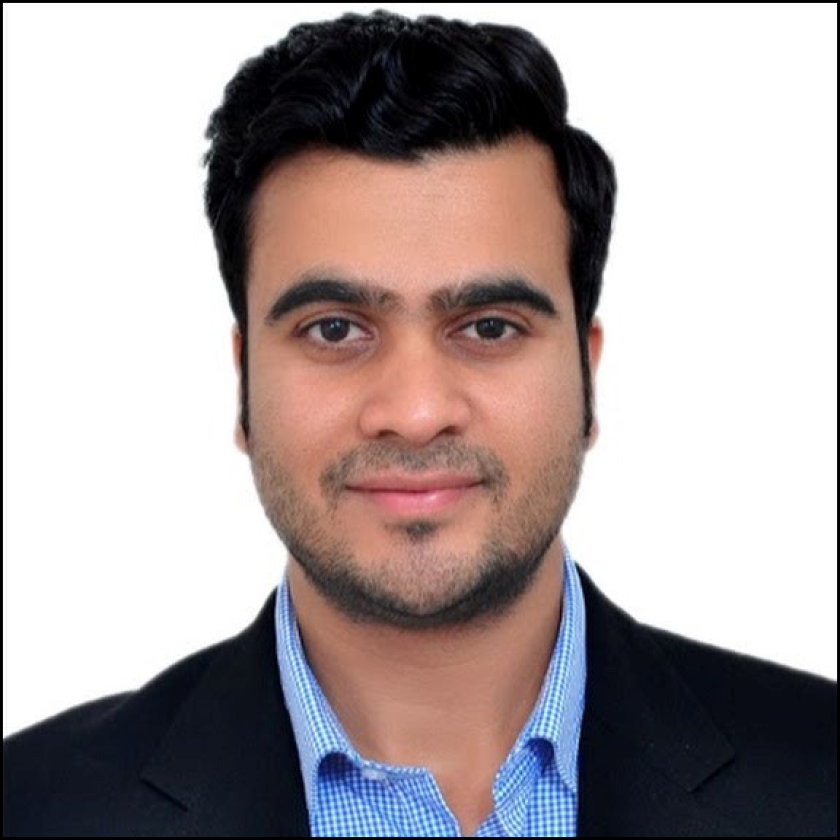Welcome to the latest instalment of Managing IP’s ‘Five minutes with’ series, where we learn more about intellectual property practitioners on a personal and professional level. This time, we meet Tarun Gandhi, partner at Chadha & Chadha in India.
Someone asks you at a party what you do for a living. What do you say?
I help innovators protect their ideas by securing patents. In simple terms, I turn their inventions into valuable business assets.
Talk us through a typical working day.
Honestly, no two days are the same in my profession. Usually, I start by going through emails and addressing urgent issues. If I don’t have any hearings at the Indian Patent Office (IPO) or any of the courts that day, I focus the morning on intense tasks like drafting a patent application or working on a reply to an opposition.
In the afternoon, I often have strategic meetings with my team to plan upcoming deadlines and review work. I may also have client calls or meetings later in the day to discuss the ongoing or future matters.
What are you working on at the moment?
I’m juggling some really exciting projects. One involves assisting a client in the pharmaceutical space with their patent portfolio globally.
At the same time, I’m handling a patent infringement case at the Delhi High Court, and I’m also representing a client in an opposition matter related to the machine learning models in the medical space before the IPO.
Does one big piece of work usually take priority, or are you juggling multiple things?
Usually, I’m managing several tasks at once. When there are tight deadlines, I block out focused time for high-priority work, and then I tackle other assignments in between.
What is the most exciting aspect of your role, and what is the most stressful?
What excites me most is working with a diverse range of inventions and meeting people from startups to global corporations – it offers a fascinating mix of perspectives. The most stressful is managing tight deadlines on high-stakes patent matters. Having said this, I’m able to minimise such stress to a large extent with the help of processes and systems set up at my firm.
Tell us the key characteristics that make a successful IP lawyer/practitioner.
A sharp eye for detail, creativity, strong time management, solid technical and legal expertise, excellent communication, and the ability to adapt and continuously learn.
What is the most common misconception about IP?
Many see IP as just a cost rather than a valuable asset that can generate revenue for a company.
What or who inspires you?
Inventors who think creatively and persistently work on innovative solutions to real-world problems inspire me.
If you weren’t in IP, what would you be doing?
I’d likely still be involved in research or product development – something hands-on and creative where I could build and innovate directly.
Any advice you would give your younger self?
Don’t stress about having all the answers right away. Stay curious, say yes to learning opportunities, and remember that confidence grows with experience.
What is your motto in life?
Keep exploring, keep learning, and keep growing.










